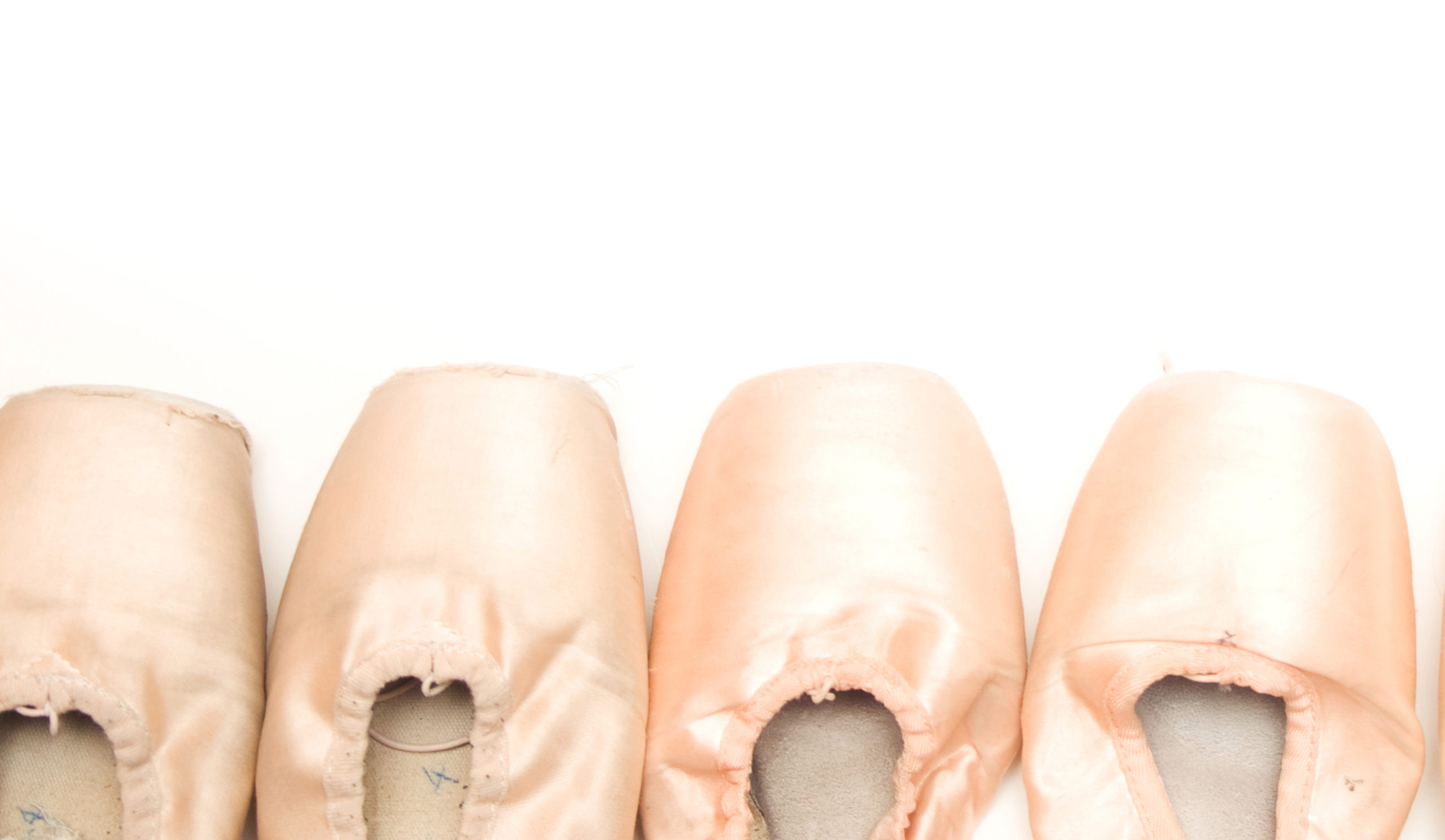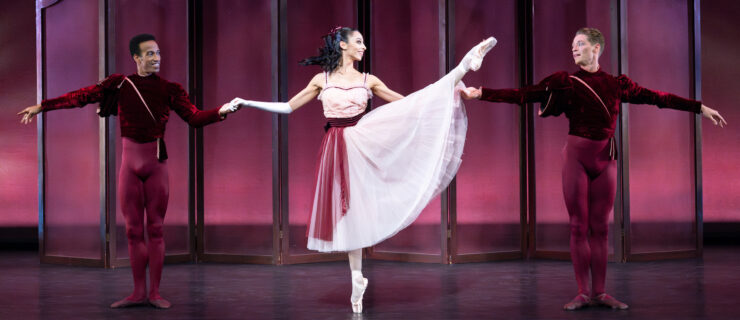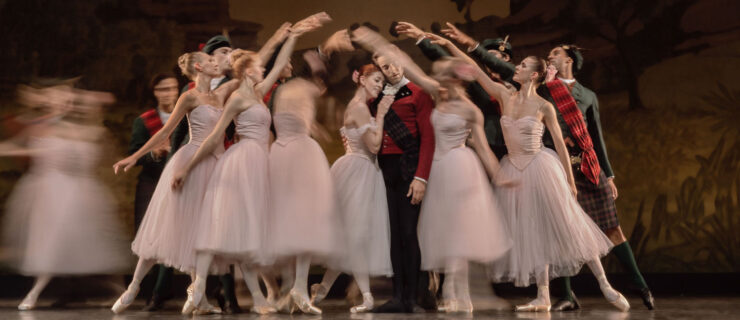Competitive Edge: Your Ideal Warm-Up
You’ve rehearsed for weeks for this competition, and it’s finally here. You’re up, you ate your Wheaties…now what? Class is offered in the morning, but you won’t go on until hours afterward. Competition days are tricky. How should you spend the time before you perform so that you’re in the ideal state—both physically and mentally—to dance your best?
The Right Start
Valentina Kozlova, who regularly prepares her students at Valentina Kozlova’s Dance Conservatory of New York for competitions, advises starting your day with a “one-hour, everything” class. Most competitions offer this type of short, intense morning warm-up. Ideally, there should be a barre with a lot of tendus and dégagés to get you on your legs, along with plenty of chances to stretch and practice your extension. In the center, make sure to do adagio, pirouettes, and petit and grand allégro. Push yourself just enough to get warm and feel strong.
However, taking an unfamiliar type of class could throw you off. If what the competition is offering won’t be right for you, don’t take it. (Unless, of course, it’s part of the adjudication process.) Instead, give yourself a thorough self-taught class or take one from your coach.
“Most theaters have studios, and usually you can ask to rent one out ahead of time,” explains Sasha De Sola, a dancer at San Francisco Ballet who won awards at the USA International Ballet Competition, Varna International Ballet Competition and Youth America Grand Prix. Contact competition administrators in advance to see if you can rent space for class and/or extra rehearsals.
Fight Fatigue and Injuries
There’s a fine line between pushing yourself and overexerting while warming up. “Pay attention to what your body needs,” De Sola advises. Sometimes she let herself slow down or modify combinations if her muscles felt tired.
If you have an injury, ask your coach how you can avoid irritating it before performing. And tell the teacher giving class, suggests Dierdre Miles Burger, director of Orlando Ballet School. That way, they’ll understand your combination modifications, and might even offer helpful suggestions.
Stay Warm
Doing light exercises such as tendus and ab work throughout the day will help you stay on your center without getting overtired. De Sola used to give herself a second barre a few hours prior to competing. Shortly before putting on her costume, she did stretches and Pilates core exercises. Then she would head to the wings wearing booties, legwarmers, pants, a zip-up jacket and a scarf over her costume.
Tackle the Trouble Spots
There are always tricky parts in a variation. Should you rehearse them on competition day? “It depends on the dancer,” says Kozlova. “For most I would say yes, practice difficult parts, but for some dancers, it’s not the best thing to do.”
If you tend to psych yourself out on performance days, don’t go over challenging jumps and turns at the last minute. Instead, think back to your best rehearsals and imagine how you felt during them. “Be confident in what you’ve worked on so far,” says De Sola. “Once you’re at the competition, not much is really going to change.” You won’t improve the number of pirouettes you can do in the moments before taking the stage—you just want to find your center and the right mindset to perform them.
But what if you do go over a troublesome section, and the final rehearsal doesn’t go well? “Just let it go and re-center your mind,” De Sola says.
Head Games
Try not to watch other performances while waiting in the wings. Getting engrossed in others’ dancing could make you nervous or subliminally lower your expectations for yourself. Focus on your performance and your body.
De Sola says that visualizing herself dancing her variation as she listened to the music in her headphones helped her. “Also,” she adds, “putting on my makeup was a big part of the overall warm-up ritual for me.” Everybody has different ways of getting in the zone. Figure out yours ahead of time.
Be Adaptable
De Sola suggests keeping your regular schedule as much as you can. “That being said, you never know what’s going to be thrown at you,” she says. Sometimes the judges decide to take a long break right before your variation; sometimes there are technical difficulties. “At Varna in 2006, it was outdoors, so you had to deal with the weather, bugs, and the floor was just wood panels with nails jutting out!” says De Sola. “Also, we had tech rehearsals one or two days before the competition in the middle of the night—like at 1 or 2 am. You just always have to be prepared.”





